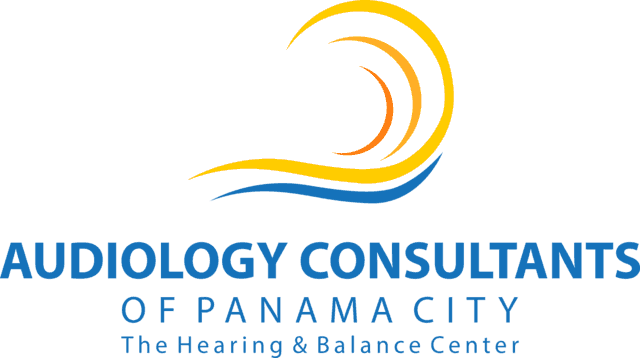Hearing Exam
Since hearing loss often takes place gradually, you may not notice its effects right away.
There are far-reaching effects of living with hearing loss, including physical fatigue, anxiety, and even depression. It's also been connected to accelerated cognitive impairment, early onset of dementia, and poor general health in recent studies.
Most Americans have annual appointments with their dentist and the optometrist, but they tend to neglect their hearing health. However, we would argue that the health of your hearing is as critical as the health of your eyes or teeth!
Hearing tests can diagnose early hearing loss, allowing you time to treat the condition early, which means you have the best chance of success in treating it and getting back to living the life you want. The procedure is non-invasive, painless, and usually lasts no longer than two hours.

Here is what you can expect from a hearing test with us.
A Consultation
We want to get to know you a little more before you take any hearing tests. We will ask you about your medical background, as well as that of your relatives. We're specifically interested in what medicine you are taking, whether you have recently had a cough or ear infection, or if you have recently been exposed to high levels of noise.
You will also be asked about your work, routines, and hobbies. Bear in mind that the more you share with us about your lifestyle and interests, the more details we will have to find the best solution for your hearing needs.
An Ear Examination
Hearing Tests
Pure Tone Test
Speech Recognition Test
Tympanometry
Reviewing Your Audiogram

Schedule a Screening Today!


